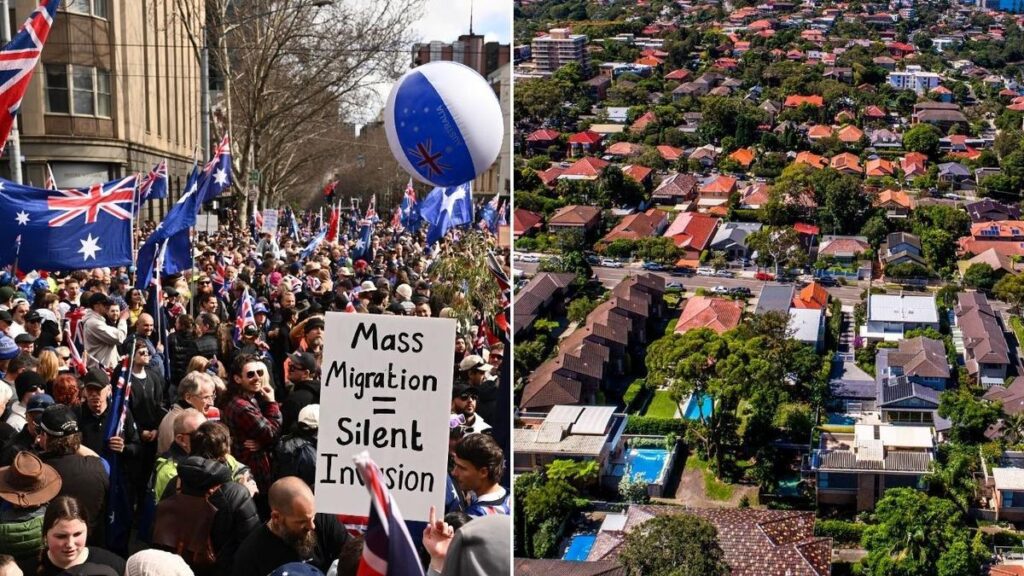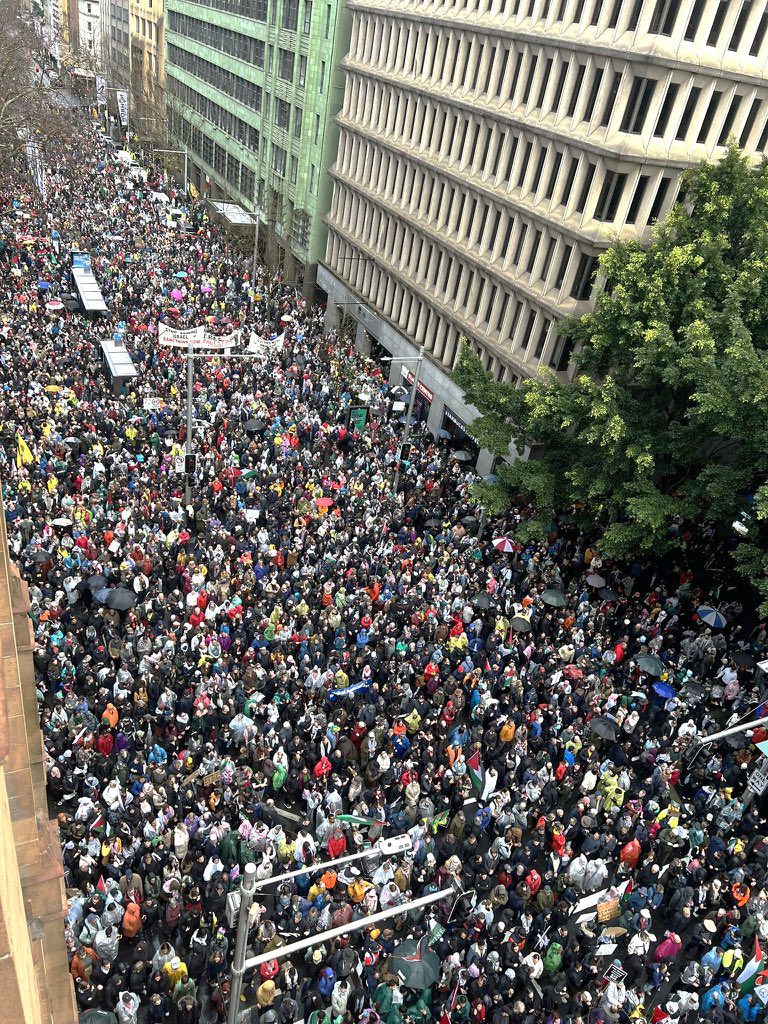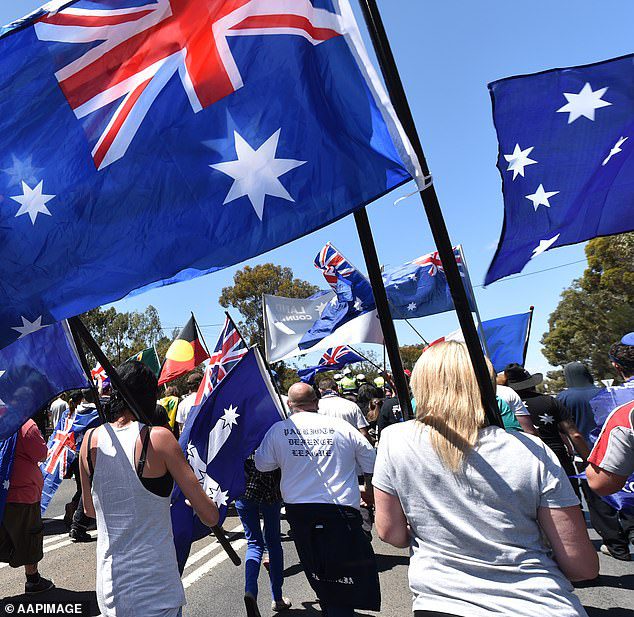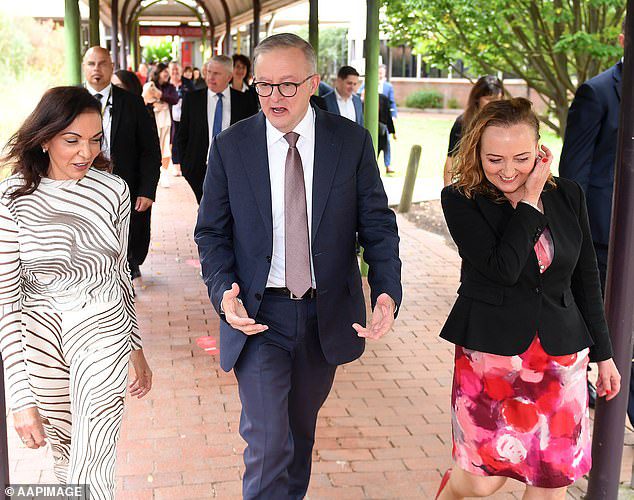Experts Cite Immigration as Key Factor in Australia’s Housing Crisis

Recent protests against mass immigration in Australia have sparked significant debate, particularly due to the involvement of extremist groups. These protests, while attracting attention for their violence, also included voices of everyday Australians who are concerned about rising housing costs and strained public services.
One participant, Chris Fisher, a 62-year-old from Queensland, shared that he has migrant roots and had never protested before. He expressed his worries about a healthcare system struggling to cope with demand and the increasing difficulty for vulnerable Australians to secure housing. Fisher noted that he would be open to welcoming up to 500,000 immigrants annually if Australia had the infrastructure to accommodate them.
However, experts caution that linking immigration directly to these issues oversimplifies a complex situation. Matt Grudnoff, an economist from the Australia Institute, pointed out that reducing the intake of skilled workers—who represent 71 per cent of annual migration—could inflame inflation and drive up interest rates. A cut of 25,000 skilled visas from the current 185,000 could also result in significant financial losses for the government by 2040.
Misguided Concerns
Grudnoff argues that it is understandable for citizens to feel financial pressure amidst the rising cost of living, but blaming migrants is misplaced. He emphasises that the challenges faced stem from systemic issues requiring well-targeted solutions rather than scapegoating newcomers. Many, like Fisher, are worried about their financial futures, particularly concerning retirement. It is essential to investigate the reasons behind soaring housing prices rather than directing frustrations towards migrants.
According to Grudnoff, the housing crisis has roots that go back over two decades, driven more by investor demand than just population growth. This situation has created fierce competition, making it increasingly difficult for first-time buyers to enter the market.
Scapegoating Issues
The protests’ violent turn highlighted the tension many communities feel regarding immigration. Australian Human Rights Commissioner Giridharan Sivaraman pointed out that migrants often become the targets of misplaced concerns, which are often linked to broader issues like tax policies or banking practices. He cautioned that political rhetoric exploiting anti-migrant sentiments can exacerbate feelings of insecurity among communities.
Foreign Minister Penny Wong and other leaders have warned against viewing migrants as scapegoats for societal challenges. Wong stated that such perspectives do not reflect the majority view in Australia and emphasised the importance of unity rather than division.
Implications for Visa Seekers
The protests and discussions around immigration highlight the ongoing debate regarding visa sponsorship and permanent residency in Australia. For those looking to migrate, understanding the economic and social environment is vital for navigating their journey.
Have your say!
Got a question, opinion, or experience to share about working in Australia? Leave a comment below and join the conversation.
Thinking about moving to Australia?
Join our free and supportive community at Oz Visa Forum.
Post in our forums to get advice and support from people who’ve already made the move.
Not sure where to start? Click here to get started







Responses